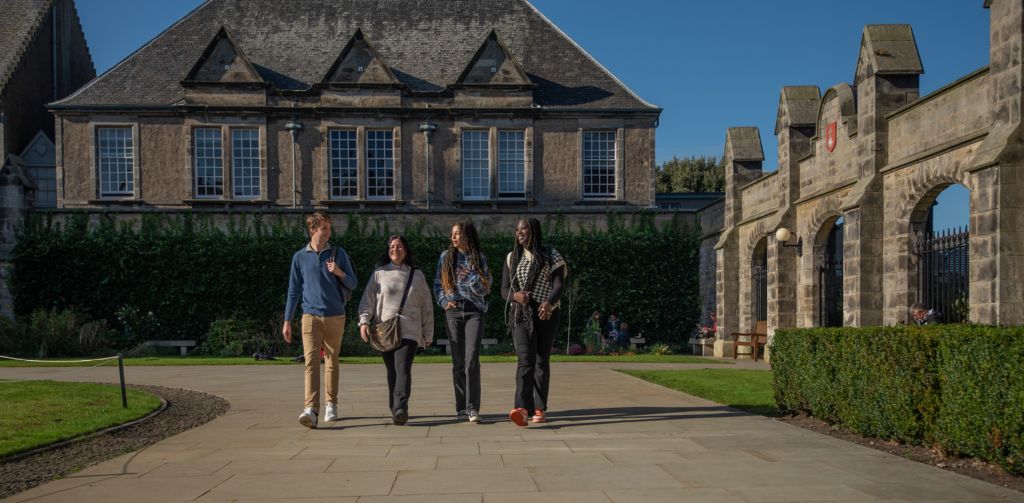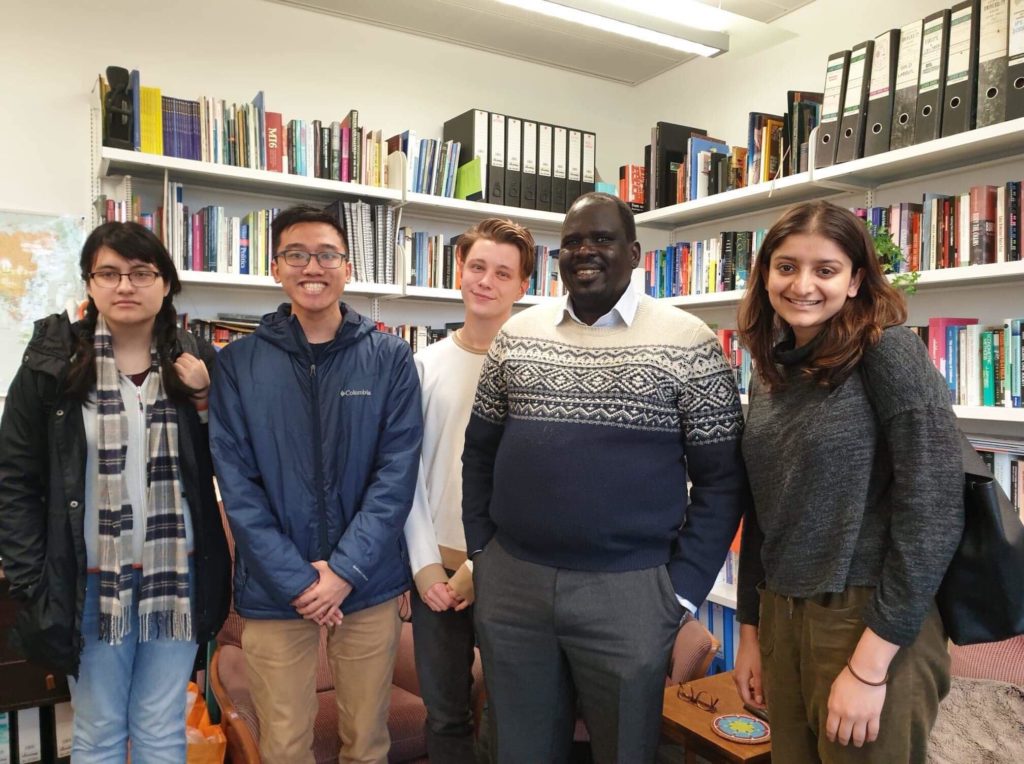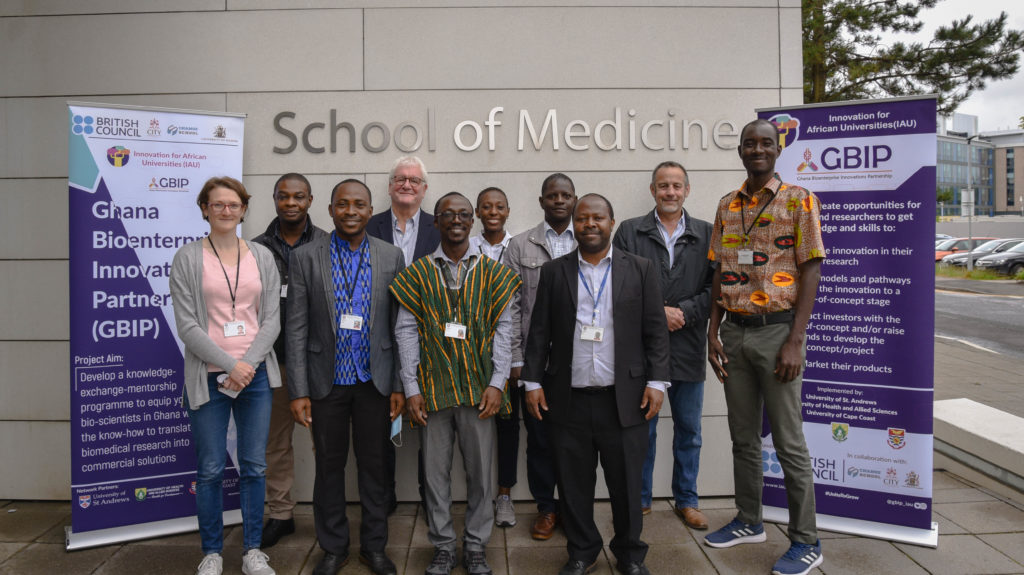A New Strategy for St Andrews: Diverse
“Great universities constantly move forward. They anticipate, lead, adapt, and are society’s engines of innovation and change. Momentum is everything.”
St Andrews recently adopted a refreshed strategy that will be at the core of our actions for the next five years. It will guide our investments and decision-making across research and teaching, and influence our partnerships both within and outside St Andrews. The strategy is the result of a close consultation with staff and students and is grouped under five themes: Word-leading, Diverse, Digital, Sustainable, and Entrepreneurial.
At Research Impact we recognise the extraordinary work done by researchers already in driving these themes forward, providing a solid foundation upon which the University can build over the next five years. This series of blogposts is examining research impacts across the five themes. Today; Diverse.

“We will make St Andrews a beacon of inclusivity, placing diversity and equality at the centre of everything we do and creating an environment in which all can flourish and realise their potential.”
Diversity was included in the University’s last Strategy and retains its long-held significance here. St Andrews fosters a diverse environment that draws on the unique talents found in every community. Research at St Andrews has benefitted from a diverse and inclusive environment, and many projects have been impactful in fostering such an environment, both in Fife and further afield. The prominence of Diversity as a focus of our refreshed strategy is a symbol of our willingness to commit to the necessary self-reflection and hard work that will build upon our existing progress. Diversity requires always being willing to learn and to change and we will work this self-reflection into our institutional identity through dialogue and openness. Below are the three main pledges in the refreshed Strategy coupled with an example of our long-held commitment to diversity.

Embed an inclusive research culture that recognises everyone’s contribution and values and incentivises collaboration.
As the University of St Andrews’ first think tank, and one of the only think tanks in the world to focus on climate change education, the Third Generation Project’s mission is to put those on the front lines of climate change at the heart of a progressive education agenda. Established in 2016 in the School of International Relations, its aim is to ‘do academia differently’ by adopting a collaborative approach to education and research. Its Emerging Researchers Programme comes from a critical examination of Western academia. An intensive year-long training programme for social science undergraduates, the Programme teaches the next generation of academic researchers how to work collaboratively, and to be accountable to the communities involved in their research and outreach. Read more here.

Enhance structures and processes that support a diverse range of rewarding career paths and enable everyone to achieve their full potential.
The job market is holistic, and impact that supports a diverse range of rewarding career paths must accordingly be holistic in its approach. One example is the work of playwright Zinnie Harris of the School of English, whose writing is driven by the need to challenge representations of women in theatre. To that end, her plays place women at the centre of the story – relatable women, who are not defined simply by their gender or romantic relationships. This has resulted in a new legacy of leading roles for women in British theatre. Her work has created substantial roles for women actors and have been an important factor in recent efforts to address the gender imbalance still found in theatre across the world. Since 2015, Harris’ plays have been translated into 11 languages and seen by audiences in 10 countries including the UK, Italy, Slovenia, South Africa, Sweden and Turkey. This global legacy has provoked debate about women’s representation in theatre, influenced the programming practice of multiple major theatres and profoundly influenced British, Turkish, Kurdish and Iranian playwriting about women. Read more here.

Ensure a working environment that supports positive working practices and behaviours and ethical research methods.
As a global university the working environment at St Andrews often extends far beyond our campus. One of the most impactful ways we can foster a diverse and positive workplace is by leveraging the close international collaborations enjoyed by many schools at St Andrews. Earlier this year, the School of Medicine hosted a delegation of Ghanaian academics from the University of Health and Allied Sciences and University of Cape Coast. The visit was part of Innovation for African Universities (IAU), a programme launched by the British Council aimed at increasing youth and graduate employability in Africa. The University of St Andrews and its partners in Ghana are focusing on the translation of innovations in biomedical research into real-world enterprise, growing the biotech industry and cultivating entrepreneurship in the sector. Through this, the team aims to address graduate employability challenges in Ghana and Africa as a whole, opening up new job opportunities while providing innovative solutions to the health and agricultural sectors. Read more here.
Our series exploring the University’s new Strategy will return next week, beginning on Monday with Digital.